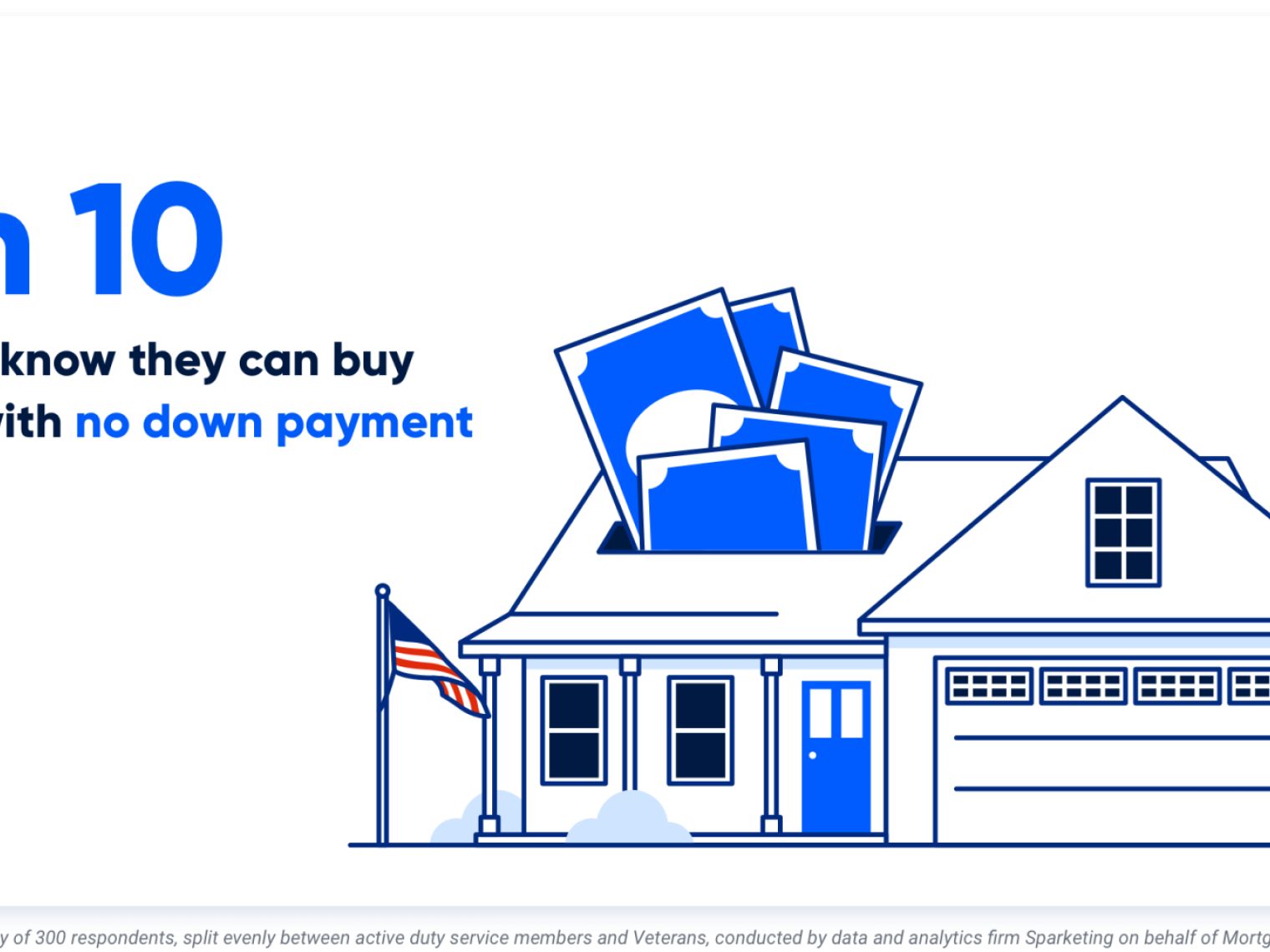If you’re an agent, you probably own a little real estate yourself. But do you remember what drove you to purchase your first home?
Don’t worry – it’s perfectly normal to take homeownership for granted. Those who can easily qualify for financing and deftly navigate real estate markets often lose sight of the passion that fuels first-time homebuyers.
In that spirit, let’s get in touch with our buyer base, and find out what drives renters to pursue homeownership.
"I’m tired of paying someone else’s mortgage.”
Each rent check builds up equity in a home. Someone else’s home.
Most renters hate seeing their rental funds dissipate into nothingness each month. Instead of building up equity in a home, renters are forced to ship money out the door each month with no possibility of return.
The kicker is that rent can be even higher than a mortgage payment. A recent Trulia study found that buying is now less expensive than renting in all 100 of America’s 100 most populous metropolitan areas. In fact, buying is 38% cheaper than renting when purchasing a traditional 30-year mortgage.
"I have a horrible landlord.”
There are lots of great landlords out there, but the bad ones can be a big motivation for renters to consider homeownership.
Maintenance issues are a huge problem area for renter-landlord relations. Renters have to go through landlords for any repairs, which can cause big delays. Who needs a delay when dealing with bedbugs, sewage backups or faulty wiring?
"I want a place to call my own.”
Renters want the freedom to paint, decorate, remodel and refurbish. They want a garage, a garden, a “man cave” or a workshop. They want a yard for their kids and a fence for their dogs. They want a space that is truly theirs.
And it’s not for selfish reasons. Renters are often thinking about their children and grandchildren when planning a home purchase. One of our Future Military Homeowners Facebook users said, “I want a place for my kids to grow and have memories.”
"I want to take advantage of cheap homes and low interest rates."
It's a great time to buy a house. Affordable homes are plentiful, and interest rates have been hovering around 4 percent since December 2011. The Mortgage Reports' most recent findings show that interest rates for 30-year mortgages are now at 3.98% on average nationwide.
But renters understand that the buyer's market is always changing. Interest rates are erratic and change quickly based off events in the economic landscape. These rates are expected to remain around 4% for the time being, but the only way to take advantage of low interest rates is to start the home buying process before they jump.
So What's Stopping Buyers?
Potential homeowners seeking a non-VA home loan face many obstacles in today's housing market that forces them to continue to rent. The down payment requirement, coupled with student loan debt and being priced out of starter homes in metropolitan areas are three of the major reasons potential buyers stop their search for a home.
Yet even in these complex times in the housing industry, the VA loan program continues to offer relaxed credit standards and 100 percent financing to qualifying military buyers. Make sure your military clients are aware of the VA home loan program and know how to get the VA process started.
Clients without access to the VA loan program may have a tougher time securing a mortgage. But for those who are able to build a down payment and maintain good credit, the jump from renter to homeowner could be just around the bend.
You can also reference this really helpful guide dedicated to first-time homebuyers.
Answer a few questions below to speak with a specialist about what your military service has earned you.
Related Posts
-
 VA Loan Down Payment RequirementsVA loans have no down payment requirements as long as the Veteran has full entitlement, but only 3-in-10 Veterans know they can buy a home loan with zero down payment. Here’s what Veterans need to know about VA loan down payment requirements.
VA Loan Down Payment RequirementsVA loans have no down payment requirements as long as the Veteran has full entitlement, but only 3-in-10 Veterans know they can buy a home loan with zero down payment. Here’s what Veterans need to know about VA loan down payment requirements. -
 5 Most Common VA Loan Myths BustedVA loan myths confuse and deter many VA loan borrowers. Here we debunk 5 of the most common VA loan myths so that you can borrow with confidence.
5 Most Common VA Loan Myths BustedVA loan myths confuse and deter many VA loan borrowers. Here we debunk 5 of the most common VA loan myths so that you can borrow with confidence.


